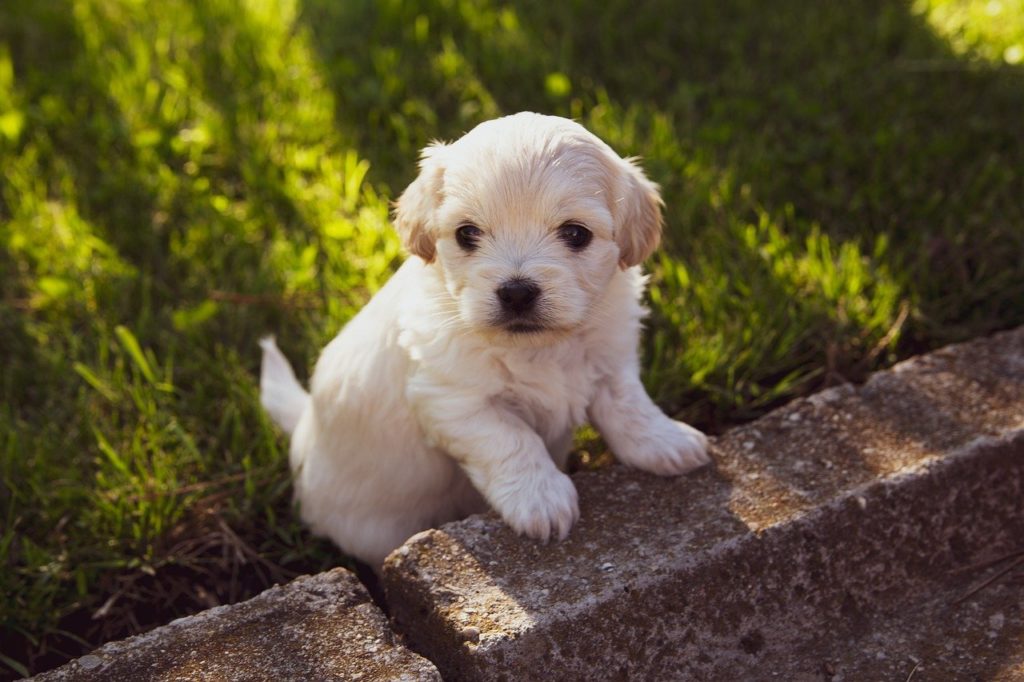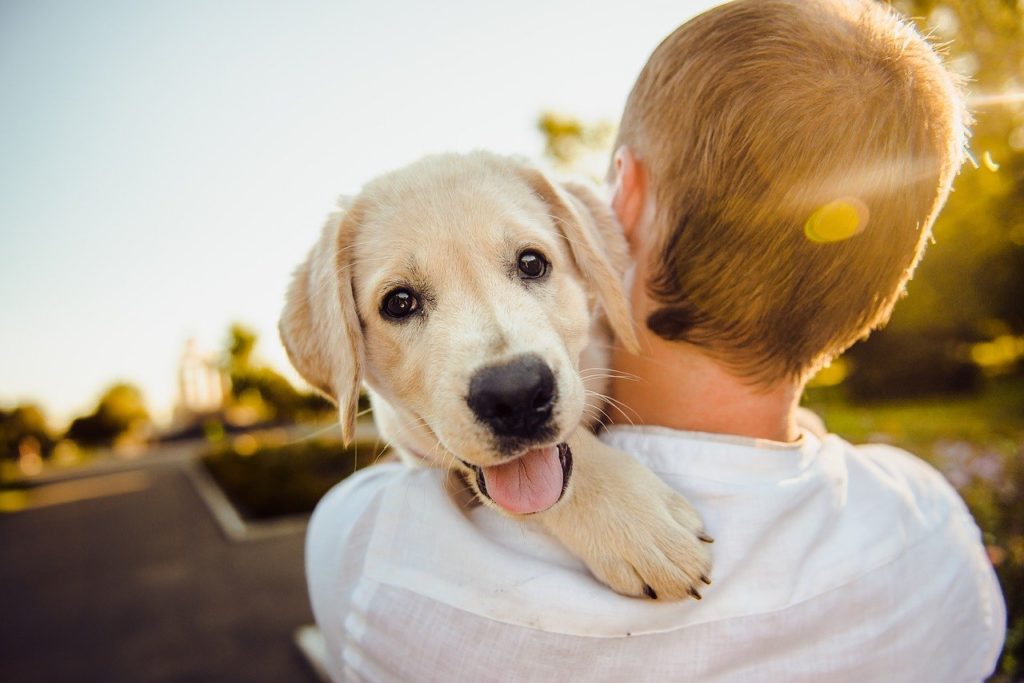When to Start Obedience Training with Your Puppy


You’ve just picked up your new puppy, gotten him home and setup his little play pen. You’re watching him roll
around on the padding you got to protect your carpet and nip at your fingers. But, now you’re wondering when the
training should start and how intensive it should be.
Most dog owners start training at the wrong time. Some might start too early when a puppy isn’t quite ready to
hold their pee or sit and stay. Others wait too long and are faced with a stubborn, messy adolescent dog. So, I
want to go over the when and how of your early obedience training.
House Breaking
Housebreaking should not be started until your dog is about 10 weeks old. Ideally, however, you should not even
pick up a dog from a breeder or the pound until it is at least 8 weeks old. The reason is that the mother and
litter mates are important to have with them for the early weeks.
A dog will learn many basic aspects of their social standing in those formative weeks and if you don’t give
them to them they might develop nipping tendencies or have aggression issues. Additionally, you should highly
socialize your dog with people and other dogs as they age.
Never, at any point, should a dog not have interactions with other dogs or people before they hit 15 months of
age. As for housebreaking aim to complete it between 10 and 12 weeks, when the dog has acclimated to your home and has the physical capability of holding it.
To facilitate faster training, start crate training your puppy as soon as you move him home. This will ensure
they understand how to hold their pee for longer than a few seconds.
Basic Obedience
Basic obedience training can occur between 3 and 6 months of age. This can be done at home or in a class and
should include basics like sit, stay, lay down, roll over, or whatever else you want your dog to know. The basics are
all very simple and with the right approach can be taught in a few days.
By teaching them young, you not only teach your dog to understand the role you play as their pack leader, but you
put those tricks deep down into their heads as specific actions they should remember at all times.
Future Training
Once basic obedience training is complete, you will have quite a bit of time to train your dog in other ways.
Most of the time, those basics are plenty, and because leash training should be done by the time they are 3-6
months old, I don’t specifically recommend any other training regimens.
However, if you do decide to train your puppy with new tricks, make sure they are old enough to handle the
physical stress. A dog should be fully grown before you have them jumping, sprinting, or diving. The stress on a
puppy’s body can be immense and is believed to contribute to dysplasia.
A puppy is a big responsibility. They need lots of attention, stern authority, and the chance to bond with
their owner. Training to early can make them anxious and fearful. Too late can make them aggressive and
overbearing.
So, make sure you get a puppy at the right age, train him on cue, and stay consistent as he ages. Those first
few weeks may be trying, but the extra work you put in will come in very handy when your dog reaches maturity and
follows your every command.
Lastly, love and enjoy your puppy!


